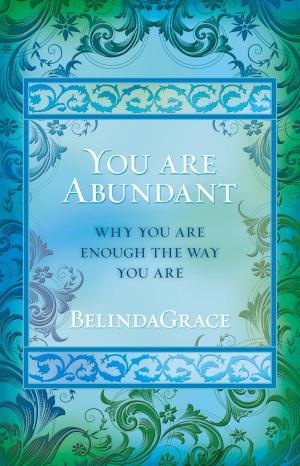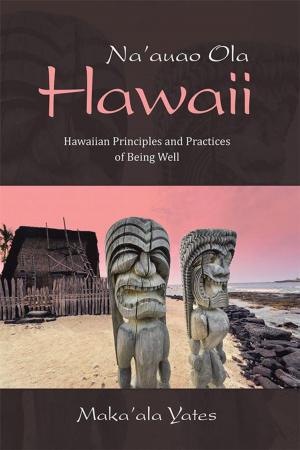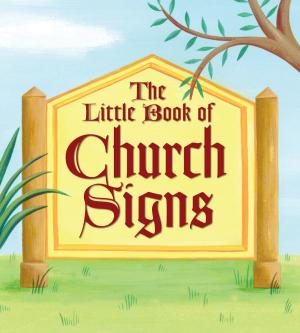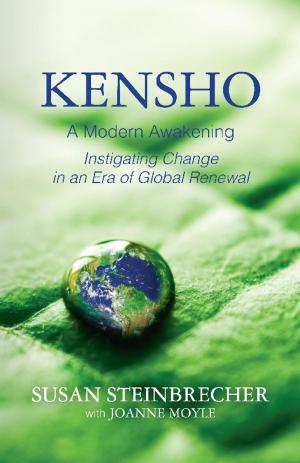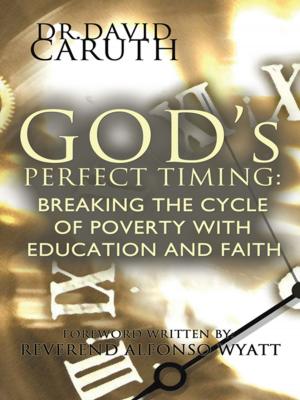Vedânta Philosophy: Three Lectures on Spiritual Unfoldment. Vol I
Nonfiction, Religion & Spirituality, New Age, Meditation, Personal Transformation| Author: | Swâmi Abhedânanda | ISBN: | 9786050365535 |
| Publisher: | Swâmi Abhedânanda | Publication: | March 16, 2015 |
| Imprint: | Language: | English |
| Author: | Swâmi Abhedânanda |
| ISBN: | 9786050365535 |
| Publisher: | Swâmi Abhedânanda |
| Publication: | March 16, 2015 |
| Imprint: | |
| Language: | English |
Every religion can be divided into two parts, one of which may be called the non‑essential and the other the essential. Doctrines, dogmas, rituals, ceremonies, and mythology of all the organized religious creeds come under the head of the non‑essential. It is not meant by this that they are useless; on the contrary, the very fact of their existence proves that they are helpful and necessary at certain stages of progress. What I mean is, that it cannot be said that they are absolutely necessary for making one live a purely spiritual life. A man or a woman may be highly spiritual without performing any of the rituals and ceremonies ordained, either by the scriptures of the world, or by any religious hierarchy. A man or a woman may be truly religious without believing in any creed, doctrine, dogma, or mythology. Those who think that these non‑essentials are indispensable for attaining to the ultimate goal of religion, have not yet grasped the fundamental principles that underlie all religions; they mistake the non‑essential for the essential; they cannot discriminate the one from the other; they lack the insight of spiritual illumination.
Every religion can be divided into two parts, one of which may be called the non‑essential and the other the essential. Doctrines, dogmas, rituals, ceremonies, and mythology of all the organized religious creeds come under the head of the non‑essential. It is not meant by this that they are useless; on the contrary, the very fact of their existence proves that they are helpful and necessary at certain stages of progress. What I mean is, that it cannot be said that they are absolutely necessary for making one live a purely spiritual life. A man or a woman may be highly spiritual without performing any of the rituals and ceremonies ordained, either by the scriptures of the world, or by any religious hierarchy. A man or a woman may be truly religious without believing in any creed, doctrine, dogma, or mythology. Those who think that these non‑essentials are indispensable for attaining to the ultimate goal of religion, have not yet grasped the fundamental principles that underlie all religions; they mistake the non‑essential for the essential; they cannot discriminate the one from the other; they lack the insight of spiritual illumination.


